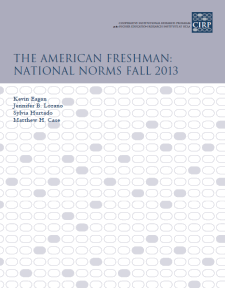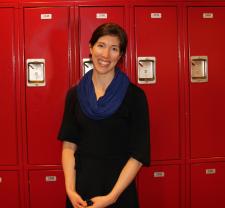Waiting, waiting, waiting...
Posted on Mon, 03/10/2014 - 21:43
Mary Dell Harrington of Grown and Flown joins us today to talk about the ups and downs students -- and parents -- weather as the wait for regular decisions winds down. It's always nice to have a fellow traveler with whom to share the experience. Read on for a friend's perspective...
Thick or Thin Envelope?
Welcome to the end of the waiting period, the last few weeks of March where kids who applied to colleges via regular decision still remain in the dark about whether they will receive the “thick or thin envelopes.” Our youngest child is one of those seniors and she (and I) know that the April 1 notification date is no longer some distant date in the future. It is practically now.
I have been down this road before with our son and his friends when they graduated from high school five years ago. I work as a PTA volunteer in the snack bar where we sell bagels, Snapples, and a host of comfort foods to hungry kids. From mid-December on, seniors accepted via early decision bounced up to the counter wearing new logo sweatshirts and broad smiles, expressing relief that it was all over. They could now finally begin to imagine themselves the following fall in Syracuse or Nashville or wherever. No more wondering, no more work to do.














